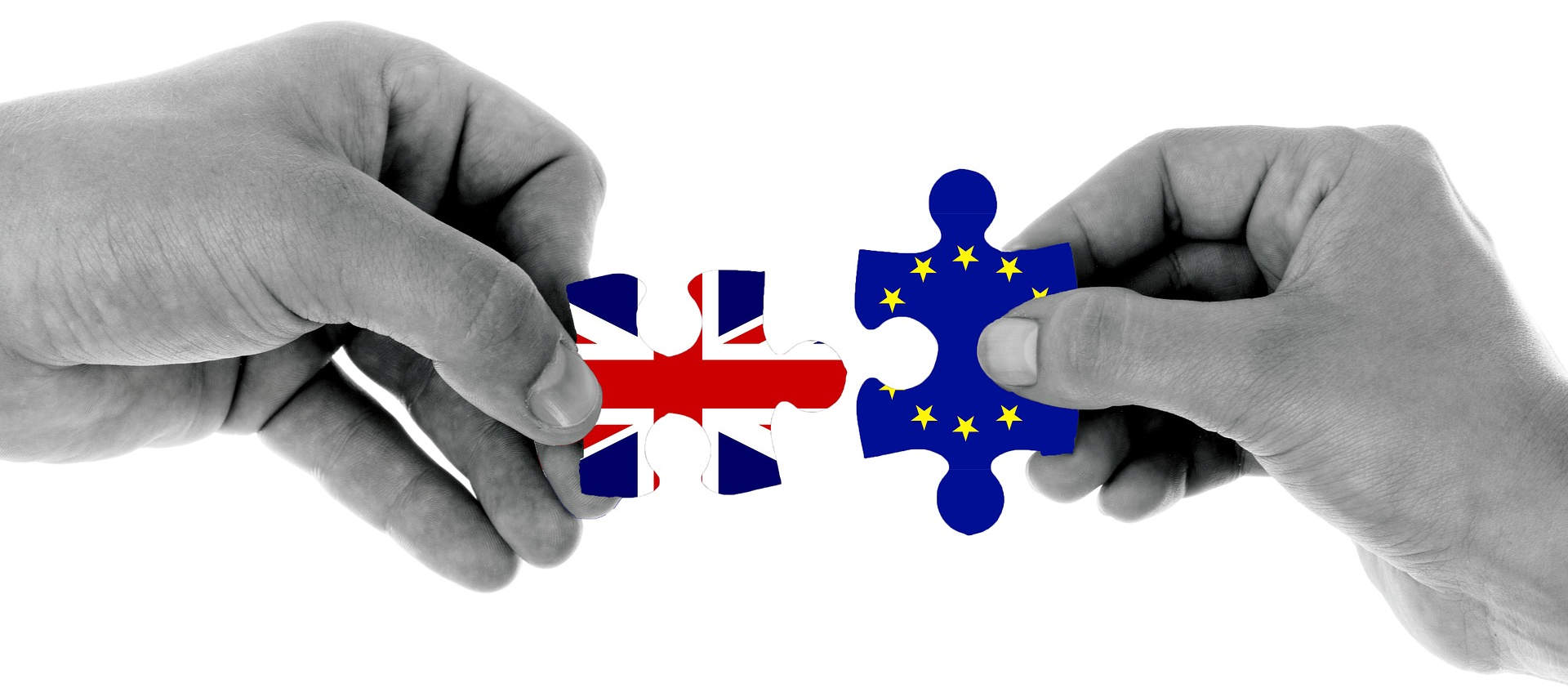
The European Commission has proposed to delay the post-Brexit tariffs on electric vehicles traded between the UK and EU by three years and has announced a €3 billion support package for the EU battery industry.
Currently, the details of the post-Brexit Trade and Cooperation Agreement indicate that starting from January 1, 2024, new ‘rules of origin’ requirements will be enforced.
These rules stipulate that car manufacturers on both sides of the English Channel will be exempt from tariffs only in the highly unlikely case that more than 45% of the electric vehicle’s components and 60% of its battery value originate from either the UK or the EU.
The proposal to delay such tariff will be voted on by the 27 members in a meeting next week, providing car manufacturers with the opportunity to escape a significant tariff of 10%.
In statements made on Wednesday, the Vice-President of the European Commission, told reporters in Brussels: “We have opted to suggest a singular extension, maintaining the existing regulations until December 31, 2026.”
The news will be welcomed by both UK a European manufacturers. Last month, Renault, BMW, and Mercedes-Benz, among other major car manufacturers, urged EU leaders to postpone the implementation of tariffs.
How well do you really know your competitors?
Access the most comprehensive Company Profiles on the market, powered by GlobalData. Save hours of research. Gain competitive edge.

Thank you!
Your download email will arrive shortly
Not ready to buy yet? Download a free sample
We are confident about the unique quality of our Company Profiles. However, we want you to make the most beneficial decision for your business, so we offer a free sample that you can download by submitting the below form
By GlobalDataAdditionally, in a move that aims to reduce the EU’s reliance on Chinese battery imports, the European Commission has unveiled a €3 billion financial support package for the European battery industry.
Paul Barker, Managing Editor of Carwow UK, said: “This news will be a big relief to manufacturers and motorists alike. The end-of-year cliff-edge would have impacted the EV transition both in the UK and EU, with steep tariffs affecting car buyers as well as carmakers, who rely heavily on cross-border sales. The fact remains that most EVs still rely on materials sourced from Asia, particularly batteries, so this extension means common sense has prevailed.”
EV sales dip in November, Tesla woes contribute to slowdown







